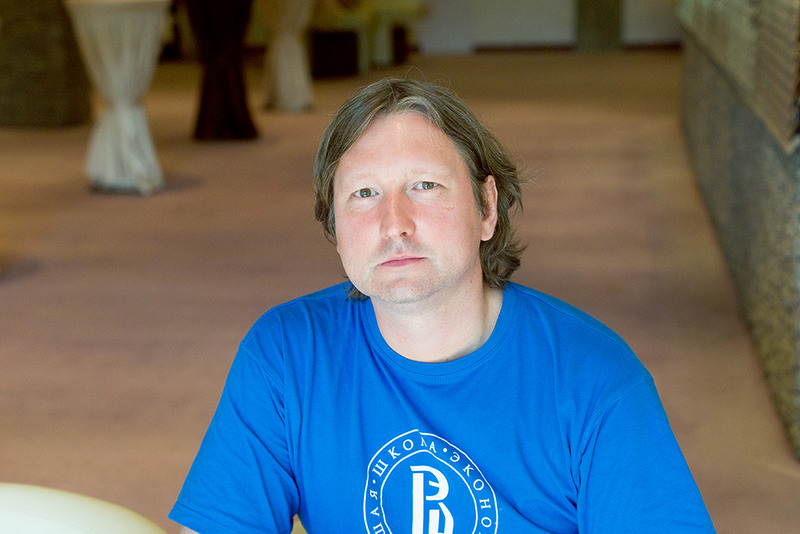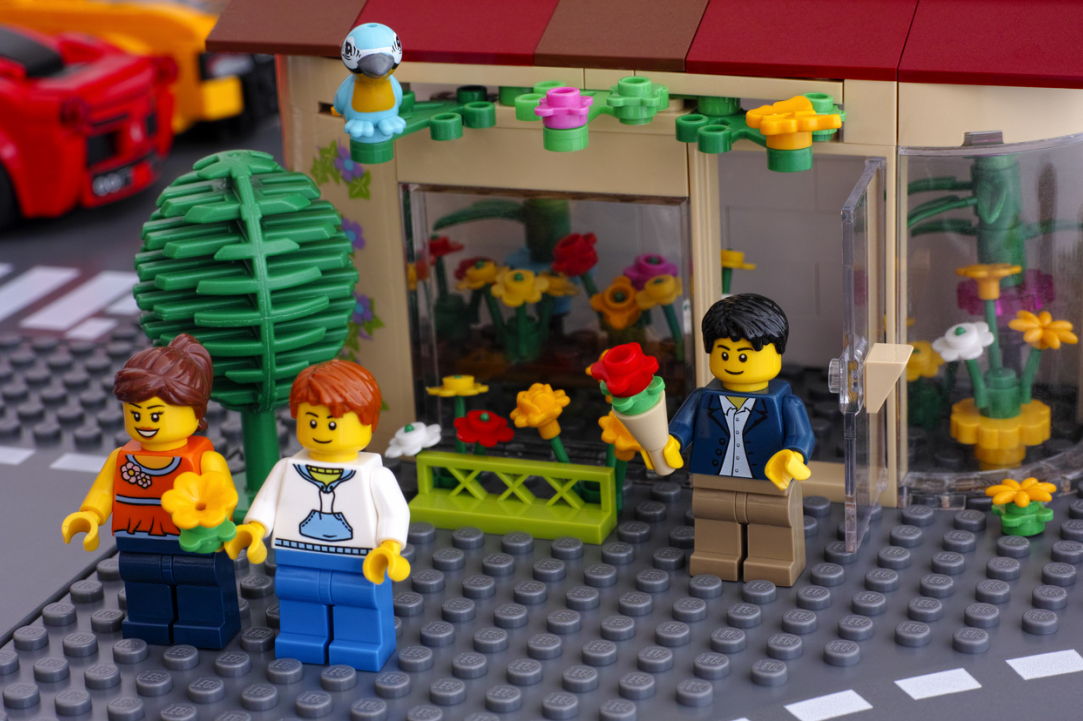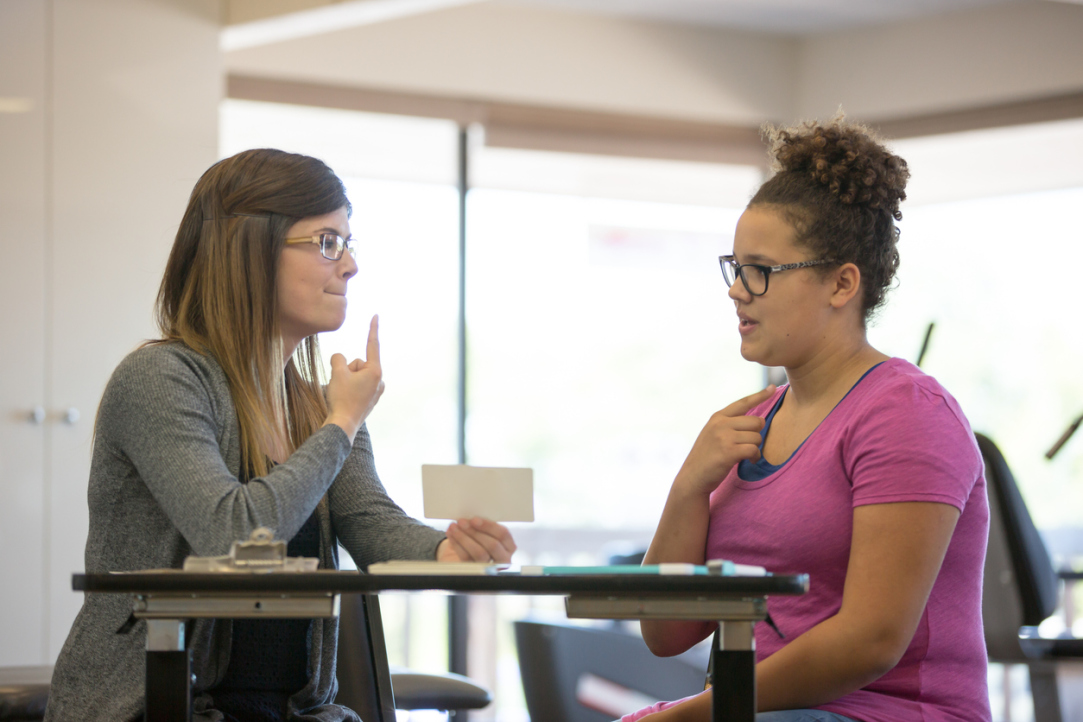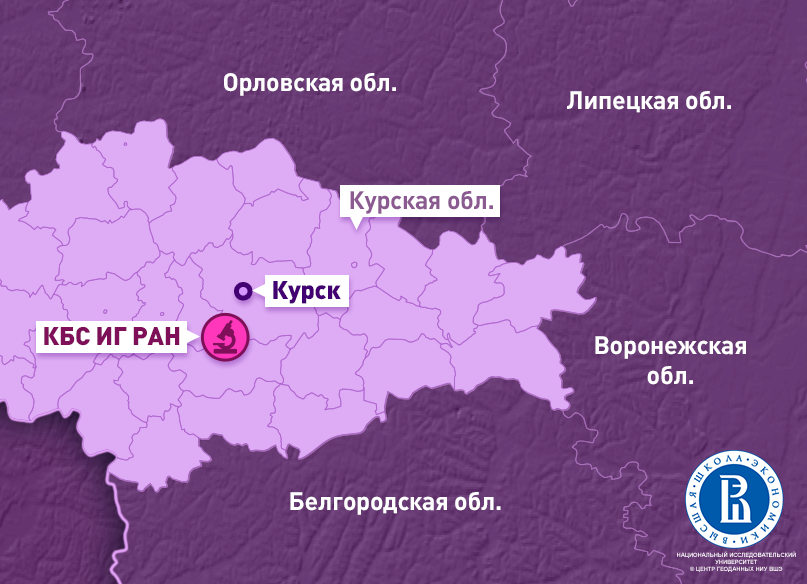
International Laboratory of Social Neurobiology to Look at How Fake News Affects Human Behaviour
The mega-grant allocated by the Russian government to the International Laboratory of Social Neurobiology, has been extended for 2022-23. The laboratory was founded two years ago and is headed by Iiro Jaaskelainen, a leading neurobiologist from Finland. Laboratory Head Vasily Klucharev spoke to the HSE News Service about the results the lab has already achieved and the prospects for the next two years.

Meditation Affects People in Different Ways
A group of researchers from the HSE Centre for Bioelectric Interfaces has studied the activity of the brain and other body systems during meditation. It was the first study to show that, when following the same instructions, some people relax, while others concentrate. The results of the study were published in the PLOS ONE journal.

Toys Prove to Be Better Investment Than Gold, Art, and Financial Securities
Unusual ways of investment, such as collecting toys, can generate high returns. For example, secondary market prices of retired LEGO sets grow by 11% annually, which is faster than gold, stocks, and bonds, HSE University economists say. Their paper was published in the Research in International Business and Financejournal.

Researchers Propose Method to Increase Charge of Supercapacitors
Researchers from HSE MIEM and the Institute of Non-Classical Chemistry in Leipzig have proposed a new theoretical model of supercapacitors that takes into account the properties of a cation, which considerably impacts the electric differential capacitance of supercapacitors. This is the first publication of its kind in electrochemistry. The authors believe that the model will allow engineers to create more powerful energy sources in the future. The results of the study were published in The Journal of Physical Chemistry C. The study was completed with support from a grant by RSF.

HSE University Researchers Develop First Standardized Russian-Language Test for Aphasia-related Disorders
Researchers from the HSE University Centre for Language and Brain have created and standardized a new test battery for diagnosing language disorders in people with brain damage. The test is the first standardized assessment tool in Russia in the field. The paper entitled ‘The Russian Aphasia Test: The first comprehensive, quantitative, standardized, and computerized aphasia language battery in Russian’ has just beenpublished in the PLOS ONE journal.

‘We Know Where to Find Geoinformation and How to Work with It’
In October, the HSE Faculty of Geography and Geoinformation Technology launched the Geodata Centre. In addition to developing its own research and commercial projects, the Centre provides auxiliary educational services related to the collection and processing of spatial data, performs geographic analysis, captures video and photo using drones, and processes data received via remote probing of the Earth. Tatiana Aniskina, Head of the Centre, speaks about the importance of geodata.

Air Lines: Aviation Safety and Clear Communication
Clear communication and understanding are crucial in aviation. Air safety relies heavily on effective communication between pilots and air traffic controllers. Researchers of the School of Philological Studies and the Laboratory for Comprehensive Interdisciplinary Projects (HSE University) have prepared a report analyzing this type of communication and the barriers that can prevent pilots and controllers from understanding each other.

Why Understanding of Texts Worsens with Age
Psycholinguists from the Centre for Language and Brain, HSE University, have found that to predict semantic relations between words when reading, older adults use their knowledge of the world instead of grammar more often than young adults. Reliance on the meaning of individual words instead of accurate grammar analysis allows for faster information processing, but sometimes causes misinterpretations. The study has been published by the Quarterly Journal of Experimental Psychology.

'My Amateur Interest in Korean Art Had Evolved into a Profession'
On November 4-6, 2021, the 14th Kyujanggak International Symposium on Korean Studies took place. This is one of the world’s most prestigious academic Korean Studies gatherings, attracting leading experts from various countries. Elena Khokhlova, Associate Professor of the HSE School of Asian Studies, presented the results of her research at the symposium. We talked to Elena about the event, and her interest in Korean studies, as well as HSE students’ research and interest in Korea.

Researchers Investigate Link Between Bilingualism and False Memories
HSE University researchers have discovered that false information in one’s native and second languages contribute equally to the formation of false memories. The study, entitled ‘False Memories in Native and Foreign Languages’, has beenpublished in the journal Frontiers in Psychology.

